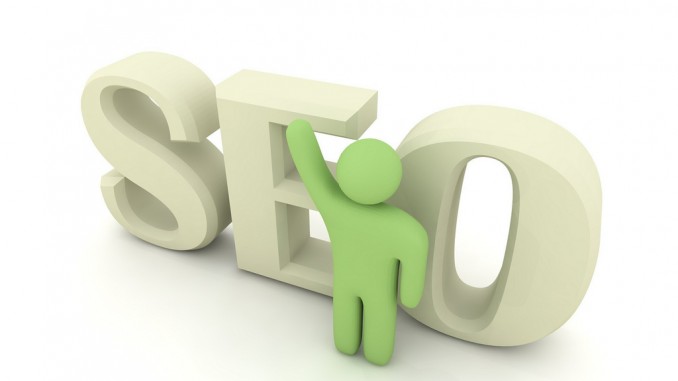
When it comes to making high-stakes purchase decisions, consumers usually want an actual person to help them make the right decision. Just having script-reading salespeople isn’t enough, either. Consumers expect brands to have the ability to understand and empathize with their needs and anticipate the pain points they don’t even know they have yet.
That ability to recognize a buyer’s emotional state and modify messaging accordingly is called emotional quotient (EQ). It’s more than just being nice—brands that can connect on an emotional level are far more likely to win customers than those that stick with “one-emotion-fits-all” communications.
In fact, the more customers are looking to spend, the more they rely on brands to display high EQ levels.
According to a recent study by Invoca and Adobe, just 9% of consumers making a purchase of less than $100 said the ability to understand their emotions was the most important attribute a salesperson could have. But that number jumped to 25% for customers making stressful, complicated purchases, such as healthcare, insurance, or travel.
What does EQ mean for consumers?
According to the Invoca and Adobe study, 90% of respondents say that problem-solving is important in their interactions with brands, indicating that they’re looking for companies that can identify their needs and anticipate ways to fill them.
Efficiency is also important, with 88% listing it as a top driver of positive brand experiences. And 77% of consumers are also looking for empathy from brands, suggesting that they’re hoping brands can not only identify but respond to their emotional needs.
Content produced in collaboration with Invoca.
Certain industries need more EQ help than others
Invoca and Adobe found that most industries are struggling to offer emotionally intelligent communication. But there are a few industries that could really benefit from a personal touch, according to Adobe’s Experience Index, which asked consumers about their one-on-one interactions with service reps from many different industries.
Here are the industries that consumers were most likely to say could benefit from an EQ overhaul.
Healthcare
Healthcare is a significant expense for a great many Americans, and anxieties around choosing healthcare services are soaring. According to the survey, 47% of respondents say that the process of purchasing healthcare-related services is stressful or extremely stressful. Healthcare businesses also ranked lowest in adaptability, with just 17% of respondents saying that healthcare reps were adaptable to their needs.
Travel
Twenty years ago, customers looking to make big travel decisions would work with a travel agent to find the best deal to fit their ideal itineraries. In recent years, digital channels have overtaken the traditional travel agent’s office, but the transition has left many travelers feeling emotionally neglected.
According to the Experience Index, 53% of respondents said that booking travel was stressful or extremely stressful. And interactions with travel industry reps were ranked lowest in the study for adaptability, even-temper, and empathy. They were also deemed least likely to meet respondents’ emotional needs via telephone or in-person.
Insurance
Purchasing life, home, or car insurance is an incredibly complicated process where the wrong decision could potentially have devastating effects. So it’s no wonder that 67% of consumers find the insurance purchase process stressful or incredibly stressful. Just over one-third of respondents say their interactions with life insurance reps both on the phone and in-person met or exceeded expectations, meaning two-thirds were left feeling their emotional needs were neglected.
How to boost your brand’s EQ
While industries like healthcare, travel, and insurance — where purchases are incredibly stressful — could all use a bit more finesse in the EQ department, every business can benefit from trying to anticipate and meet customers’ emotional needs.
Here are a couple of ways to make sure customers feel heard during their interactions with your business:
Use data to personalize interactions
Most customers interact with brands in myriad ways. For example, a customer might click an offer through email but call with a question. Having a record of just one (or none) of these interactions means that a business is missing out on important clues about the customer, including whether or not they have a discount code, which branded touchpoints they’ve already seen, how likely they are to buy, and whether or not they’ve expressed praise for or trepidation about a brand online. Connecting these dots can help a salesperson better understand a buyer’s emotional state, leaving the impression of an adaptable, empathetic, and overall positive brand experience.
Prove your brand’s EQ with one-to-one conversations
One of the easiest paths to more sales and better brand experiences is problem-solving. Customers who feel that brands can not only empathize but also offer solutions are much more likely to become brand loyal. Combining AI with in-person and phone conversations is an excellent way to quickly direct customers to solutions to their problems, as well as inform sales reps of potential pain points and problems before their conversations with customers even begin.
For more information about how to up your brand’s EQ, check out Invoca and Adobe’s white paper, “What Customers Expect in the Age of AI.”
The post Consumers expect high EQ from brands, especially for purchases >$100 appeared first on ClickZ.
Source: ClickZ
Link: Consumers expect high EQ from brands, especially for purchases >0



Leave a Reply